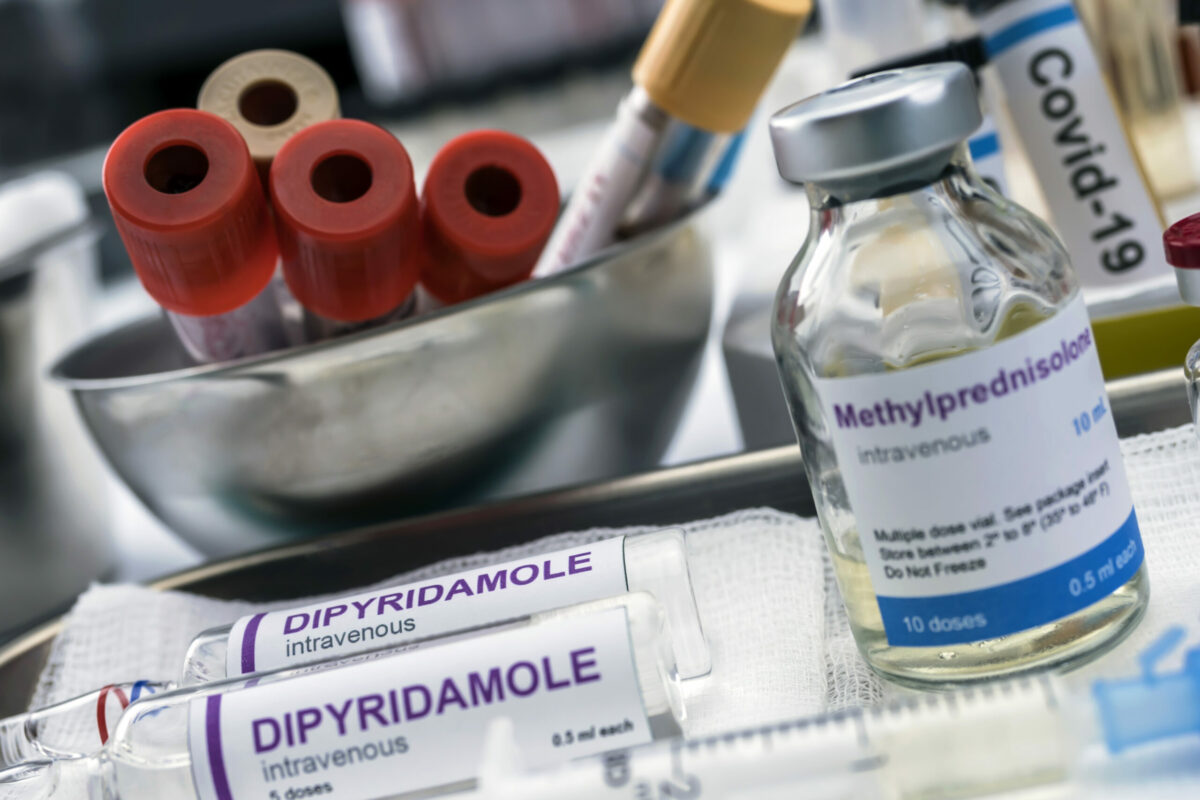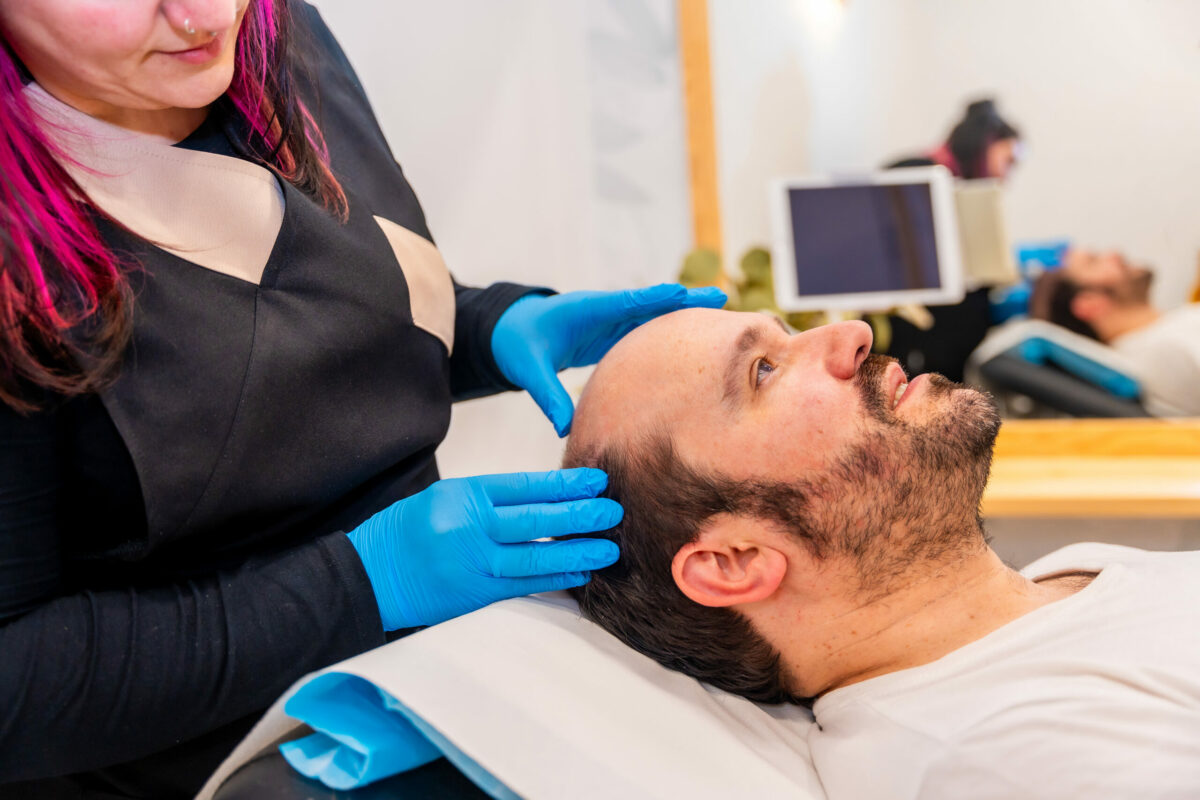Those medications that are used to treat cancer are called chemotherapy drugs. There are different types of chemo medicines and they also work differently. Doctors usually prescribe chemotherapy to treat quickly growing cells (such as cancer cells). You may notice certain adverse reactions while using these medicines because they also kill other cells including your skin and digestive tract.
What Are Chemotherapy Drugs?
Chemotherapy is one of the most effective treatments against cancer. Medicines that are used in the cancer treatment are called chemotherapy drugs. These drugs help to kill cancer cells and also prevent them from multiplying.
Cell cycle is a process in which cancer cells and healthy cells reproduce. A cell copies the genetic material (DNA) and divides to form a new cell. In normal circumstances, healthy cells multiply when needed and die when they are no longer useful. On the other hand, cancer cells do not die but only reproduce continuously forming tumors. These tumors can negatively affect healthy tissues and organs.
Chemotherapy helps to kill cancer cells and prevent them from reproducing. That’s why this treatment option is considered one of the most effective.
Additionally, the primary use of chemotherapy medicines is to treat cancer. In most cases, oncologists (cancer specialists) prescribe chemotherapy medicines alongside other treatments (such as surgery, immunotherapy, radiation therapy, targeted therapy, and others).
Furthermore, chemotherapy drugs can be used to treat other health conditions. Examples include:
- Blood Disorders – These are health conditions that negatively affect the bone marrow. Therefore, it leads to abnormal blood cell production. In some cases, you may need a stem cell transplant, which involves a replacement of abnormal blood cells with new ones. To make space for new healthy blood cells, physicians prescribe chemotherapy medicines to kill abnormal blood cells.
- Autoimmune Diseases – An autoimmune condition happens when your immune system attack mistakenly its own healthy cells. Chemotherapy can help to decrease immune cells harming your body.
How Common are Chemotherapy Drugs?
Approximately 650,000 people with cancer get chemotherapy treatment in the U.S., according to the Centers for Disease Control and Prevention (CDC). Radiation therapy, chemotherapy, and surgery are the most common treatments for cancer.
Chemotherapy Drugs Types
Chemotherapy medicines are classified into different groups, which are based on their composition. The dosage and duration of the treatment are prescribed by your oncologist. It is advised to follow exactly the doctor’s recommendations to lessen the risk of side effects and avoid certain complications.
In some cases, healthcare providers may prescribe a combination of drugs (combination chemotherapy) because using different types of cancer medicines can elevate treatment effectiveness. In addition, a combination of medicines can prevent medicine resistance. If you develop drug resistance, it means it will no longer work for you.
Alkylating Agents
This type of medicine is commonly used to treat certain brain tumors but not only. Check below some examples:
- Altretamine
- Busulfan
- Bendamustine
- Chlorambucil
- Carboplatin
- Cisplatin
- Cyclophosphamide
- Dacarbazine
- Ifosfamide
- Melphalan
- Mechlorethamine
- Oxaliplatin
- Procarbazine
- Temozolomide
- Thiotepa
- Trabectedin
- Carmustine
- Lomustine
- Streptozocin
Antimetabolites
These medications prevent cancer cells from producing the genetic material they need to multiply. Examples include:
- 5-fluorouracil
- 6-mercaptopurine
- Cytarabine
- Cladribine
- Azacitidine
- Capecitabine
- Clofarabine
- Decitabine
- Floxuridine
- Fludarabine
- Gemcitabine
- Hydroxyurea
- Methotrexate
- Nelarabine
- Pemetrexed
- Pentostatin
- Pralatrexate
- Thioguanine
- Trifluridine
Topoisomerase Inhibitors
These medications help to prevent an enzyme (topoisomerase) from allowing DNA to copy itself. Check below some examples:
- Irinotecan (including liposomal)
- Teniposide
- Topotecan
- Mitoxantrone
- Etoposide
Mitotic Inhibitors
Plant alkaloids are another name for Mitotic Inhibitors. These medications work by interfering with cancer cells to divide and produce new cells. Check some examples below:
- Vincristine (including liposomal)
- Vinorelbine
- Vinblastine
- Paclitaxel
- Nab-paclitaxel
- Docetaxel
- Cabazitaxel
Antitumor Antibiotics
Physicians usually prescribe these antibiotics to prevent the copying of the DNA inside cancer cells. Examples include:
- Doxorubicin (including liposomal)
- Epirubicin
- Daunorubicin
- Idarubicin
- Mitoxantrone
- Valrubicin
- Bleomycin
- Dactinomycin
- Mitomycin-C
Other Chemotherapy Medicines
The following drugs do not belong to the main categories. For example:
- All-trans-retinoic acid
- Eribulin
- Asparaginase
- Arsenic trioxide
- Ixabepilone
- Mitotane
- Omacetaxine
- Pegaspargase
- Procarbazine
- Romidepsin
- Vorinostat
Corticosteroids
This category of medications is not considered chemotherapy drugs but is prescribed by doctors due to different complications. However, patients use corticosteroids to lessen adverse reactions. Moreover, some corticosteroids also can destroy cancer cells and prevent them from multiplying. Check below some examples:
- Prednisone
- Prednisolone
- Methylprednisolone
- Hydrocortisone
- Dexamethasone
What is The Most Common Chemotherapy Medication?
Mostly, healthcare professionals prescribe alkylating agents because they were the first group of medicines for cancer developed. In some cases, a combination of other medicines may be more common. However, it depends on the severity of the cancer you experience (its stage).
Chemotherapy Advantages
Chemotherapy can help someone live longer but anyway, it depends on your cancer diagnosis. However, these medications can:
- Lessen the symptoms which can improve your quality of life
- Help to prevent cancer cells from spreading or multiplying
- Chemotherapy drugs may also get rid of cancer cells. Moreover, they do not come back.
Complications
Unfortunately, chemotherapy medications can attack not only quick-growing cancer cells but also healthy cells. For example cells in your hair follicles, skin, digestive tract, blood-forming cells, and others. Check below some chemotherapy adverse reactions:
- Diarrhea
- Hair loss
- Constipation
- Fatigue
- Loss of appetite
- Nausea
- Vomiting
Additionally, these cancer medicines can reduce your blood cell count, which can lead to anemia and neutropenia. If a person experiences neutropenia, the immune system becomes weaker and it becomes difficult to fight infections.
Frequently Asked Questions
What are the best chemotherapy drugs?
It is considered that the best cancer medicine is different among people. The one that works best for your cancer type is the best. In any case, oncologists determine the best one for you. Do not administer any cancer medication without a doctor’s approval because it may lead to unpleasant outcomes.
When should I see my physician?
If you notice any unwanted adverse reactions during chemotherapy, it is recommended to visit your physician. However, doctors should be able to help you to prevent or avoid negative effects. Healthcare providers usually adjust the dosage or even change the medications to decrease side effects.
What is the most toxic chemo medicine?
As per a study, the most toxic chemotherapy drug is considered Doxurobicin. If you have any questions, ask your doctor.




